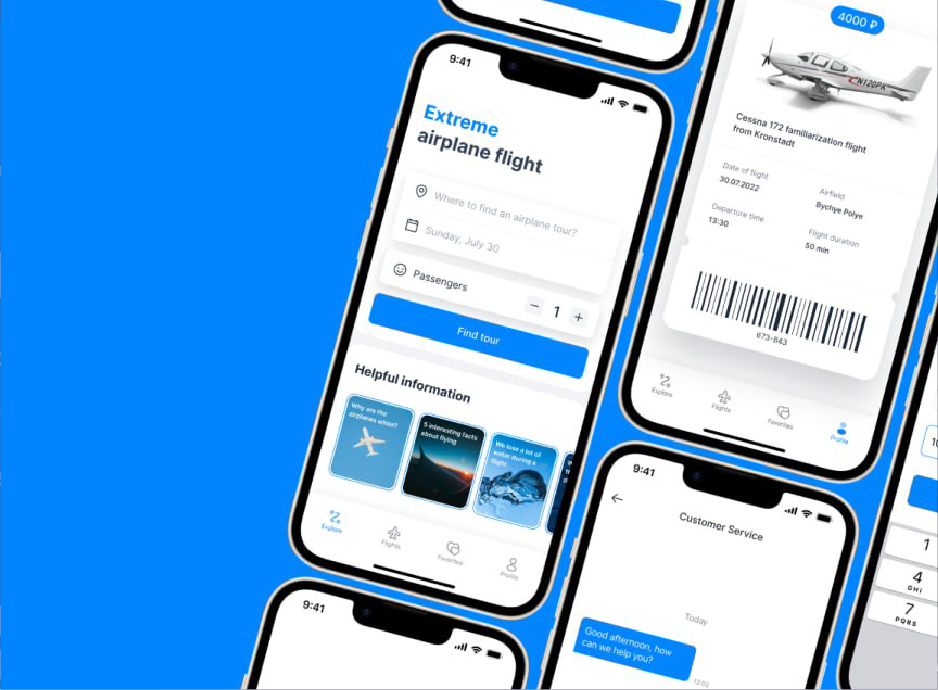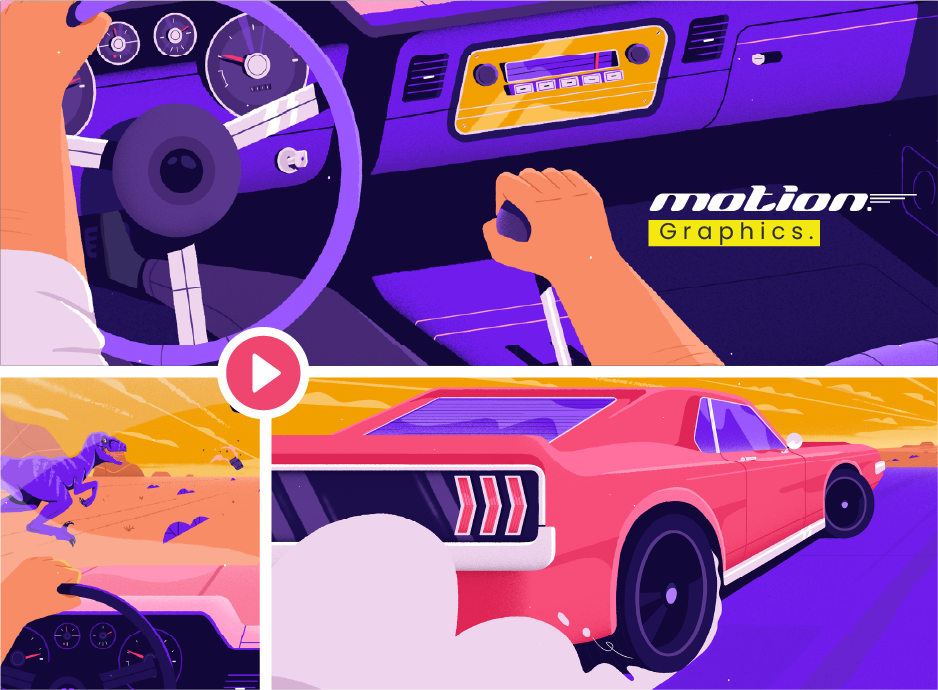From Front-End to Back-End: Build Websites Like a Pro with a Full Stack Course
In the ever-evolving world of web development, mastering both front-end and back-end technologies is crucial for anyone looking to become a proficient web developer. This comprehensive approach is known as full-stack development. By enrolling in a full stack course, you can gain the skills to build websites like a pro, handling every aspect of the development process, from the user interface to the server-side logic.
Understanding Full Stack Development
Full stack development skills refer to the combination of front-end and back-end development expertise. A full-stack developer is proficient in both client-side (front-end) and server-side (back-end) technologies, enabling them to develop complete web applications.
Critical Components of Full Stack Development
Front-End Development
Front-end development involves creating a website or web application's user interface (UI). This includes everything that users interact with directly, such as layouts, forms, buttons, and navigation menus. Critical technologies for front-end development include HTML, CSS, and JavaScript. Modern frameworks and libraries like React, Angular, and Vue.js further enhance front-end capabilities.
Back-End Development
Back-end development focuses on the server side of web applications. This includes managing databases, server logic, authentication, and application programming interfaces (APIs). Critical technologies for back-end development include server-side languages like Node.js, Python, Ruby, and PHP, as well as databases like MySQL, MongoDB, and PostgreSQL.
DevOps and Deployment
Understanding DevOps practices and deployment strategies is also essential for full-stack developers.
Benefits of a Full Stack Course
Enrolling in a full stack development course offers numerous advantages for aspiring web developers:
Comprehensive Learning
A full-stack course covers all aspects of web development, providing a comprehensive understanding of both front-end and back-end technologies and equipping students with the knowledge to build web applications.
Versatility
Full-stack developers are versatile professionals capable of handling various tasks in web development projects.
Career Advancement
By completing a full stack web development course, you position yourself for advanced career opportunities.
Developing Full Stack Development Skills
To become a proficient full-stack developer, you need to focus on several key areas:
Master Front-End Technologies
Begin by mastering the core front-end technologies: HTML, CSS, and JavaScript.
Understanding these fundamentals is essential before moving to advanced frameworks and libraries like React, Angular, or Vue.js.
Learn Back-End Technologies
Next, focus on learning back-end technologies. Start with a server-side language that aligns with your career goals, such as Node.js, Python, Ruby, or PHP. Additionally, gain proficiency in database management with MySQL, MongoDB, and PostgreSQL.
Practice DevOps
Develop your skills in DevOps by learning about containerization with Docker, orchestration with Kubernetes, and cloud services like AWS, Azure, or Google Cloud. Understanding these tools will help you manage the deployment and scaling of web applications.
Work on Real-World Projects
Practical experience is crucial for mastering full-stack development. Enroll in a full stack developer training program that offers hands-on projects and real-world case studies. This pragmatic approach helps reinforce theoretical knowledge and builds confidence in applying your skills.
Stay Updated with Industry Trends
The tech industry constantly evolves, so staying updated with the latest trends and advancements is essential. Follow industry blogs, attend webinars, and participate in developer communities to keep your skills current.
Choosing the Best Full-Stack Developer Course
When selecting a full-stack development course, consider the following factors:
- Comprehensive Curriculum - Choose a course that covers both front-end and back-end development extensively.
- Experienced Instructors - Look for courses taught by experienced instructors who are active in the industry.
- Hands-On Projects - Practical experience is crucial, so opt for a course that offers hands-on projects and real-world case studies.
- Certification - A course that provides certification upon completion adds credibility to your skills and enhances your resume.
- Career Support - Consider classes that offer career support, such as job placement assistance, resume-building workshops, and interview preparation.
Conclusion
Mastering full-stack development is an excellent way to build a successful career in web development. By enrolling in a full-stack course, you can acquire the skills needed to develop complete web applications and handle both front-end and back-end tasks efficiently. Look for the best full stack developer course that offers comprehensive learning, hands-on projects, and career support to ensure you are well-prepared for the demands of the industry.
You Might Also Like
Master the Art of Full Stack Development: Join...
Exploring the World of Web Designing Course in...
Stay Tuned
Stay up to date with our latest courses.













.png?width=130&height=53&name=image%2027%20(1).png)














.jpg)

BOOK A FREE CONSULTATION